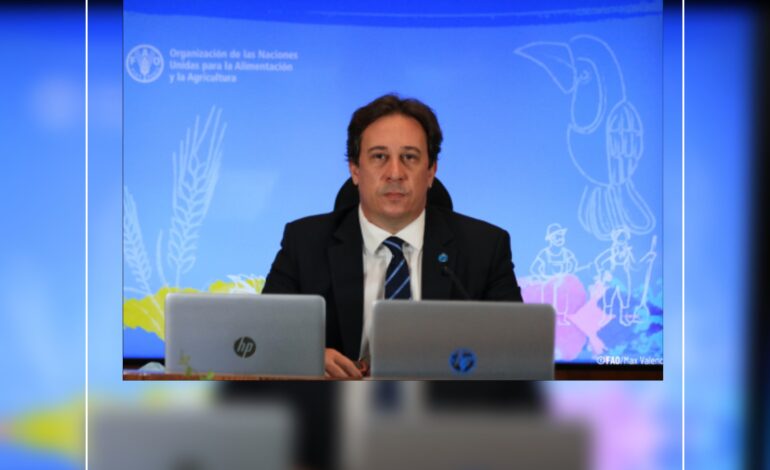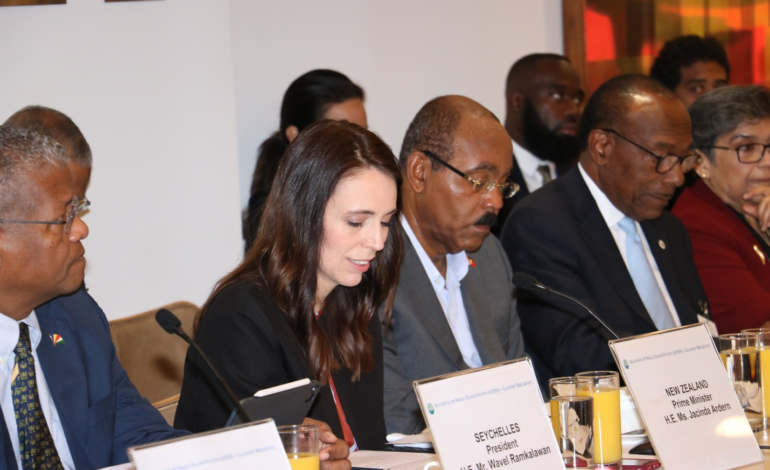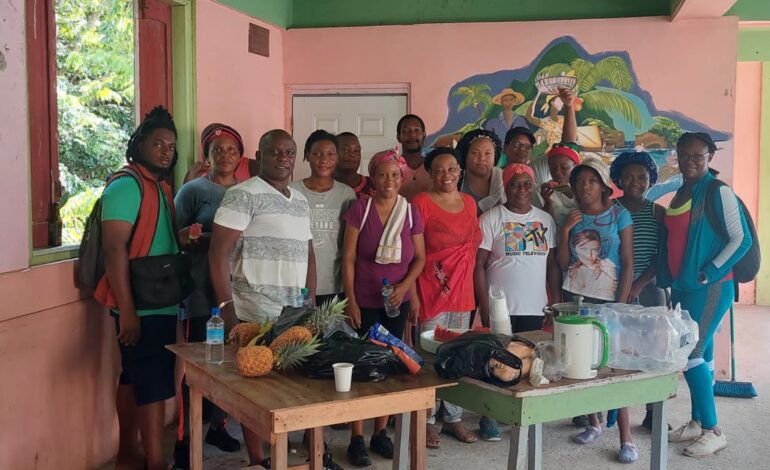
The last few years in Latin America and the Caribbean have been complex. The COVID-19 pandemic not only triggered an unprecedented health crisis, but also directly caused job losses, and increased poverty and hunger. The difficulties generated by the conflict between Russia and Ukraine added to this challenging panorama, mainly due to the scarcity of agricultural inputs and the high energy cost.
Family farmers were crucial for keeping agri-food systems working during the pandemic. In the post-pandemic recovery scenario, family farming plays a significant role in the necessary transformation of rural territories, especially in promoting more innovative, efficient, resilient and sustainable agri-food systems.
FAO believes that family farming needs to have a stronger presence on the political decision-making agenda, in implementing public policies, with a budget and concrete actions to go beyond words. Therefore, it is important to strengthen the instances of political dialogue at the subregional and regional levels, fostering the encounter between public, private and civil society sectors.
This is why we are promoting a series of initiatives and events to strengthen and enhance family farming.
Our organization is participating in the United Nations Decade of Family Farming (DNUAF), which aims is to create an enabling environment for exchanging experiences, knowledge, mechanisms, instruments and technical support to empower and promote a more sustainable development mechanism for family farmers.
In addition, through the Global Action Plan for the United Nations Decade of Family Farming, FAO provides detailed guidance to national and local governments, parliaments, academic institutions, the private sector and farmers and producers’ organizations to implement national plans, laws and public policies associated with this issue.
At the regional level, five national plans have already been approved so far (Brazil, Peru, Costa Rica, Dominican Republic and Panama) and one subregional plan with the Central American Integration System (SICA). In addition, with the help of the FAO, the implementation of laws, programs, and meetings to exchange experiences and public policies have been carried out, with the participation of governments, parliaments, and civil society.
As a preparatory body for the Global Forum of the United Nations Decade of Family Farming that will take place from September 19 to 22, the FAO Regional Office for Latin America and the Caribbean carried out a prior consultation to generate inputs for this global discussion. The information collected from this consultation is essential to determine the general guidelines that will be promoted in the region, emphasizing the need to generate greater governments participation in the Decade of Family Farming.
FAO will also support the second Conference of the Specialized Meeting on Family Farming (REAF) of the Expanded Mercosur on December 5 and 6, promoted by the Agricultural Development Institute (INDAP) from the Ministry of Agriculture of Chile and the Ministry of Livestock, Agriculture and Fisheries (MGAP) of Uruguay.
Additionally, in close coordination with the REAF and the Decade Secretariat, the Latin American and Caribbean Event of the Decade of Family Farming will be held in Chile on December 6 and 7. This event seeks to promote and strengthen the actions being carried out in Latin America and the Caribbean within the framework of implementing the Decade of Family Farming.






